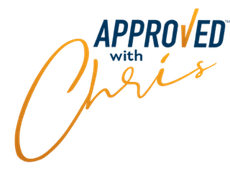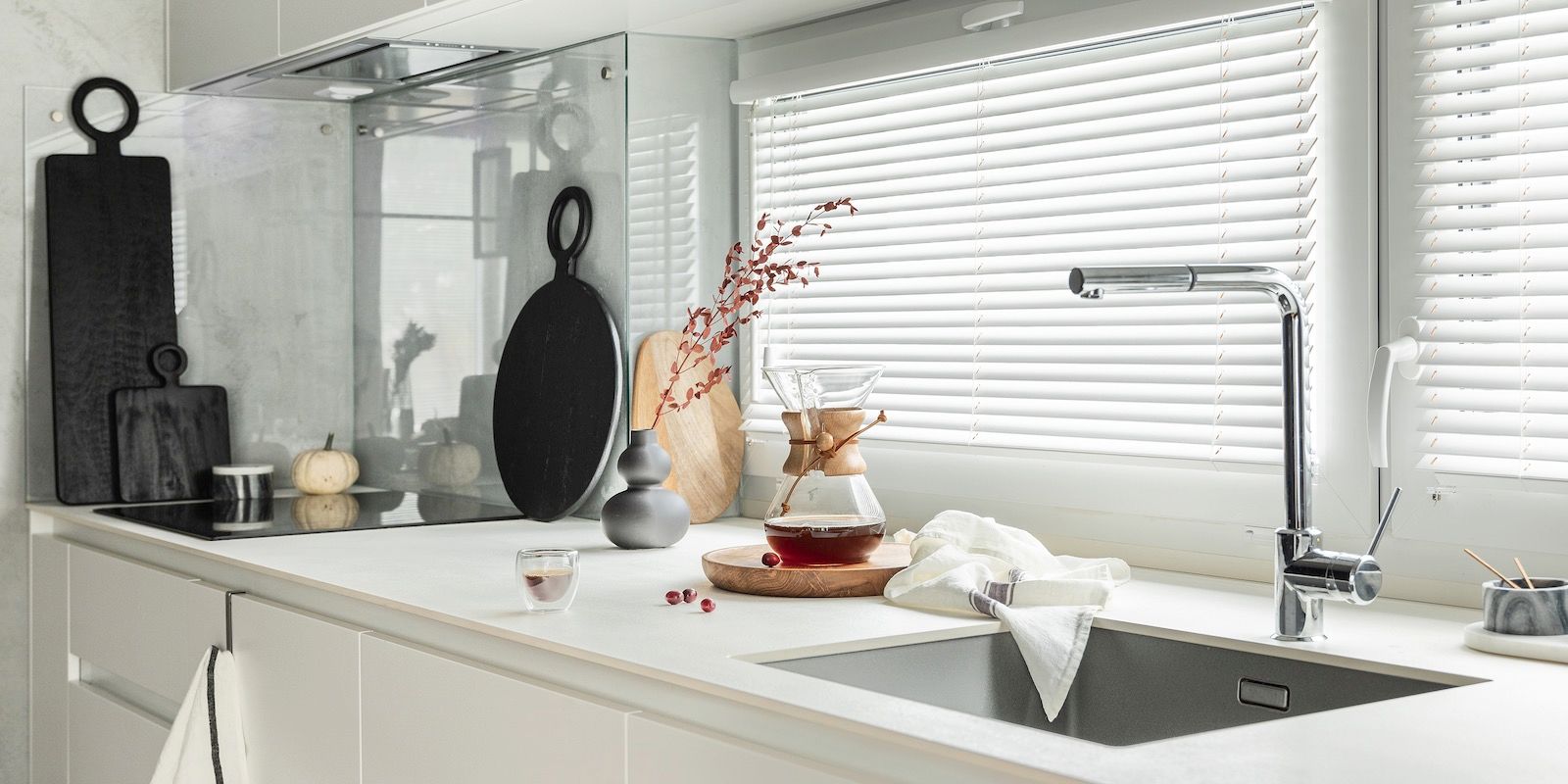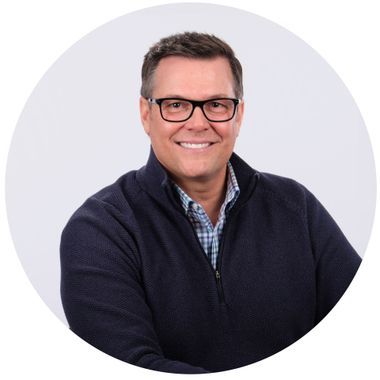CHRISTOPHER J. COLLINS
MORTGAGE PROFESSIONAL
Thank you for visiting my website, I’m Christopher Collins, mortgage professional with XEVA mortgage. Having over 20 years of experience as a mortgage broker, I work with my clients to provide the very best solutions based on their individual needs and goals. My focus is to help build you and your families financial future together which doesn't stop at the best rate or lender. I believe success includes long lasting relationships built on results, and trust.
I began my mortgage career in 2000 with RBC-Royal Bank, learning early on the value of people, teamwork and urgency while serving my clients needs, always looking out for the very best products and solutions for their long-term financial success. During my time at RBC, I'm proud to have had the honour of being the #1 mortgage specialist in Canada for several years, being a 4-time recipient of the "LEO Award”, which is RBC’s highest honour. My greatest achievement however has always been building many long-lasting relationships in serving my clients and the honour of their continued referrals.
As your trusted mortgage advisor, I understand that the importance of proper advice while shopping for the right mortgage for you, is critical. When looking to get pre-approved, refinance, renew or switch your existing mortgage, we will guide you through the complexities of our ever-changing mortgage landscape, providing you the very best solution with an exceptional client experience for life!
Partnering with XEVA mortgages, one of the most respected mortgage brokerages in Canada will provide our clients continued access to the very best mortgage options available. We work for you, not the banks.
RBC-Royal Bank LEO Award Winner



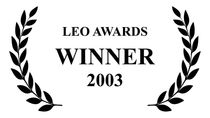
Working With Me Is SImple
Get started right away
The best place to start is to connect with me directly. My commitment is to listen to your needs,
assess your financial situation, provide professional mortgage advice, and
guide you through the mortgage process.
Get clarity
Sorting through all the different mortgage lenders, rates, terms, and features can be overwhelming.
Let me cut through the noise. I'll outline the best mortgage products available with your needs in mind.
Proceed with confidence
My goal is to make sure you
know exactly where you stand at all times.
From your initial application through your mortgage renewal, I'm available to answer any questions for as long as you need a mortgage.
I've got you covered.
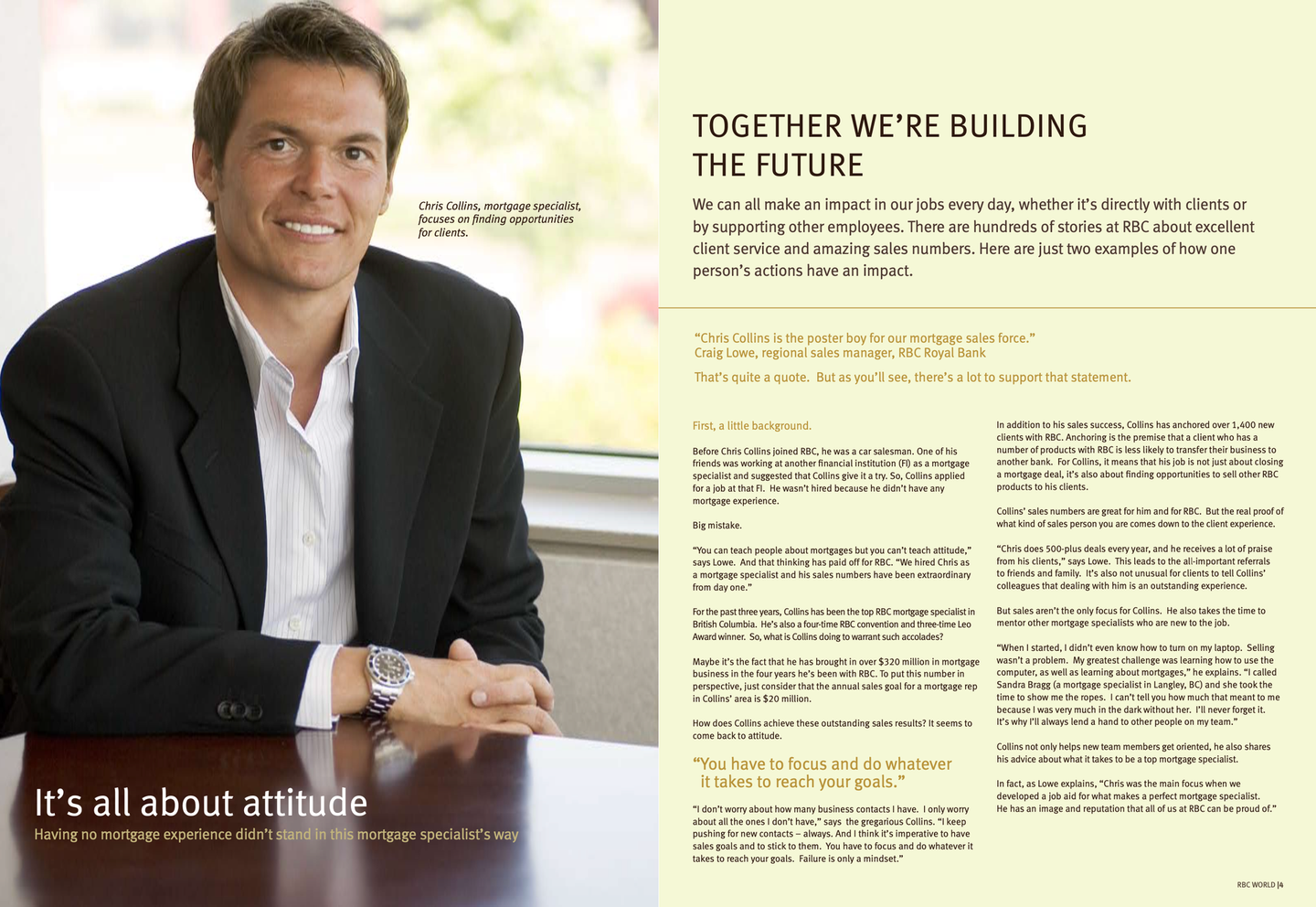
Nice things people have said about working with me.
Chris Collins and his Mortgage team have been assisting my wife and I since 2006 for all our mortgage needs. Over the past 17 years we have entrusted Chris to guide us with all our mortgage needs, decisions and goals. We highly recommend and always refer him to anyone we know looking for a mortgage or mortgage borrowing advice.
The professionalism, attention and results Chris brings to the table are why we always choose him as our trusted mortgage advisor.
Rod & Renee Farrell
I have been a client of Chris Collins for over 20 years now, and I cannot recommend him highly enough. His and the team’s professionalism and attention to detail is exceptional. Every mortgage application I have referred or personally applied with Chris has been very pleasant and efficient. I am grateful to have found such a reliable and trustworthy mortgage broker to handle my families and my clients mortgage and borrowing needs.
A. Simon
Chris and his team have always exceeded our expectations with top-notch assistance throughout the mortgage process and any needs we’ve had over the years. His professionalism, responsiveness, and transparency made every step feel effortless in dealing with him.
What's remarkable is his availability - whether it was via email, office line, or cell phone, Chris always ensures we have the support we need. Even during his summer vacation, he stayed connected, demonstrating his commitment to our family's home purchase.
I am deeply grateful for Chris' dedication and hard work. He made our dream home a reality
Randy and Carley Hopkins
Chris Collins was our mortgage broker starting back many years ago, and we are happy that that he’s here to help us.My husband and I always took the locked rate and were very reluctant to take the variable. We didn’t want to follow the rates everyday. We didn’t want to follow the trend and try to figure out when it was time to lock in. With Chris, we don't have to….he watched the rates and followed the trend for us. The best part is that if Chris thinks it’s time to lock in, he'll let us know with all the options under his belt. For many years we rode the variable, and Chris saved us a lot of money!
Happy to give Chris a 5 star rating, and excited with Carmen now on the team. I’ll be calling when my mortgage is up!
Kimberly Flint
SEE WHAT YOU CAN AFFORD
